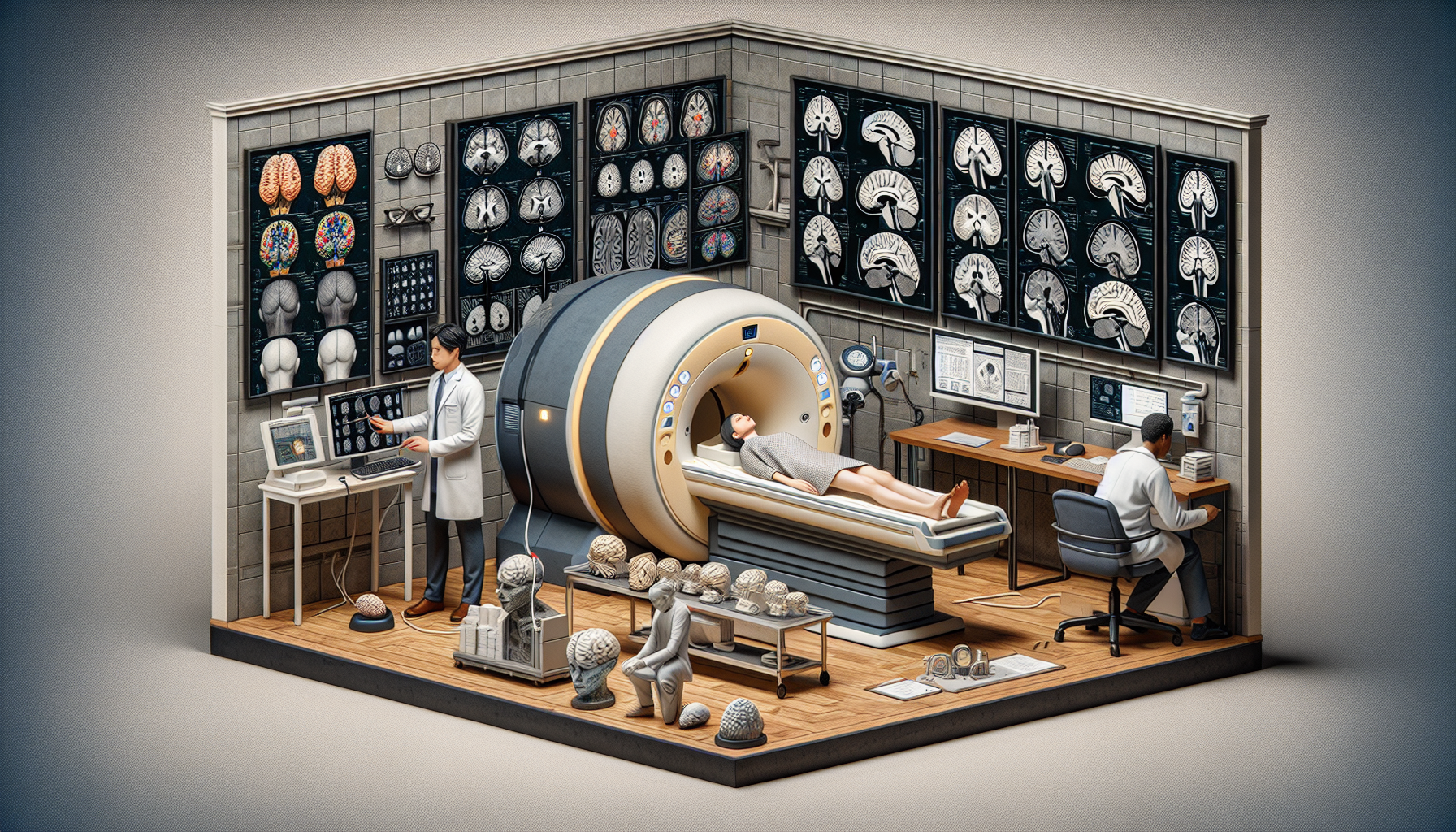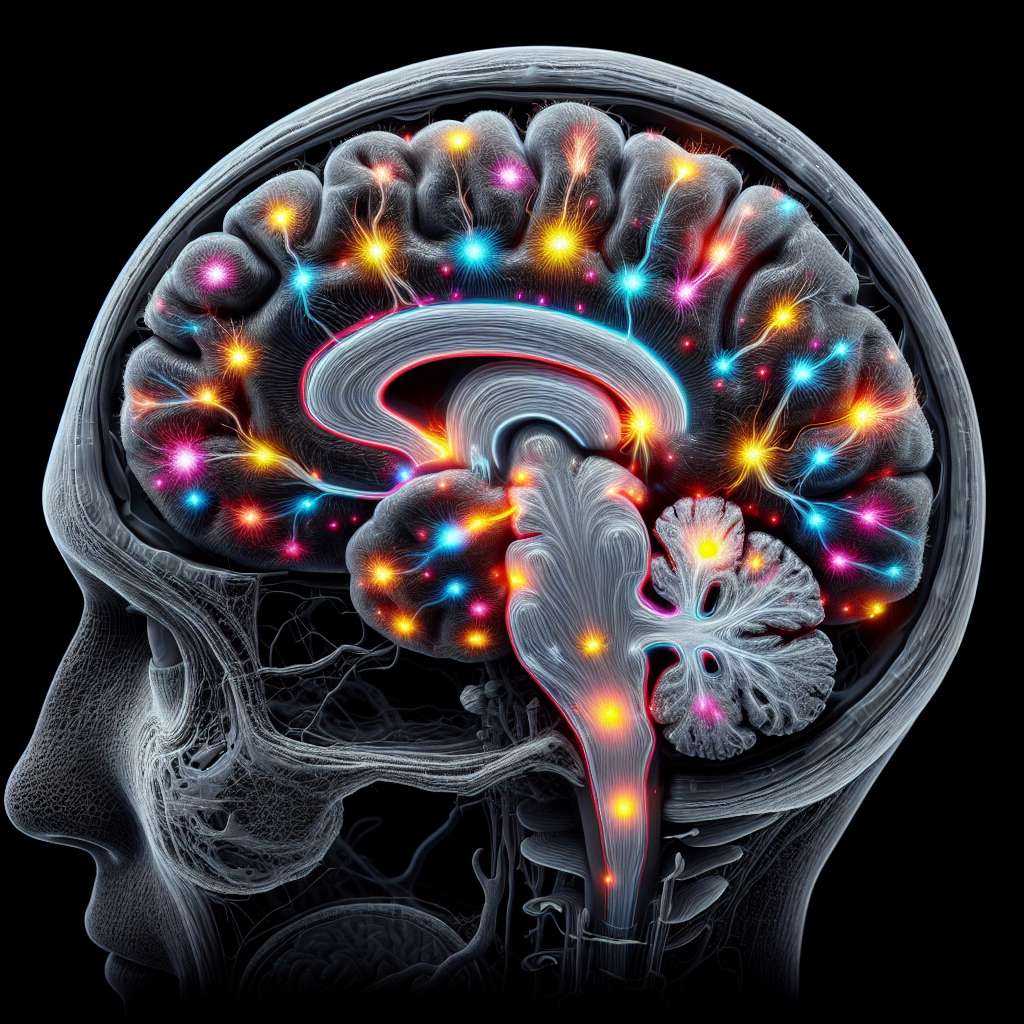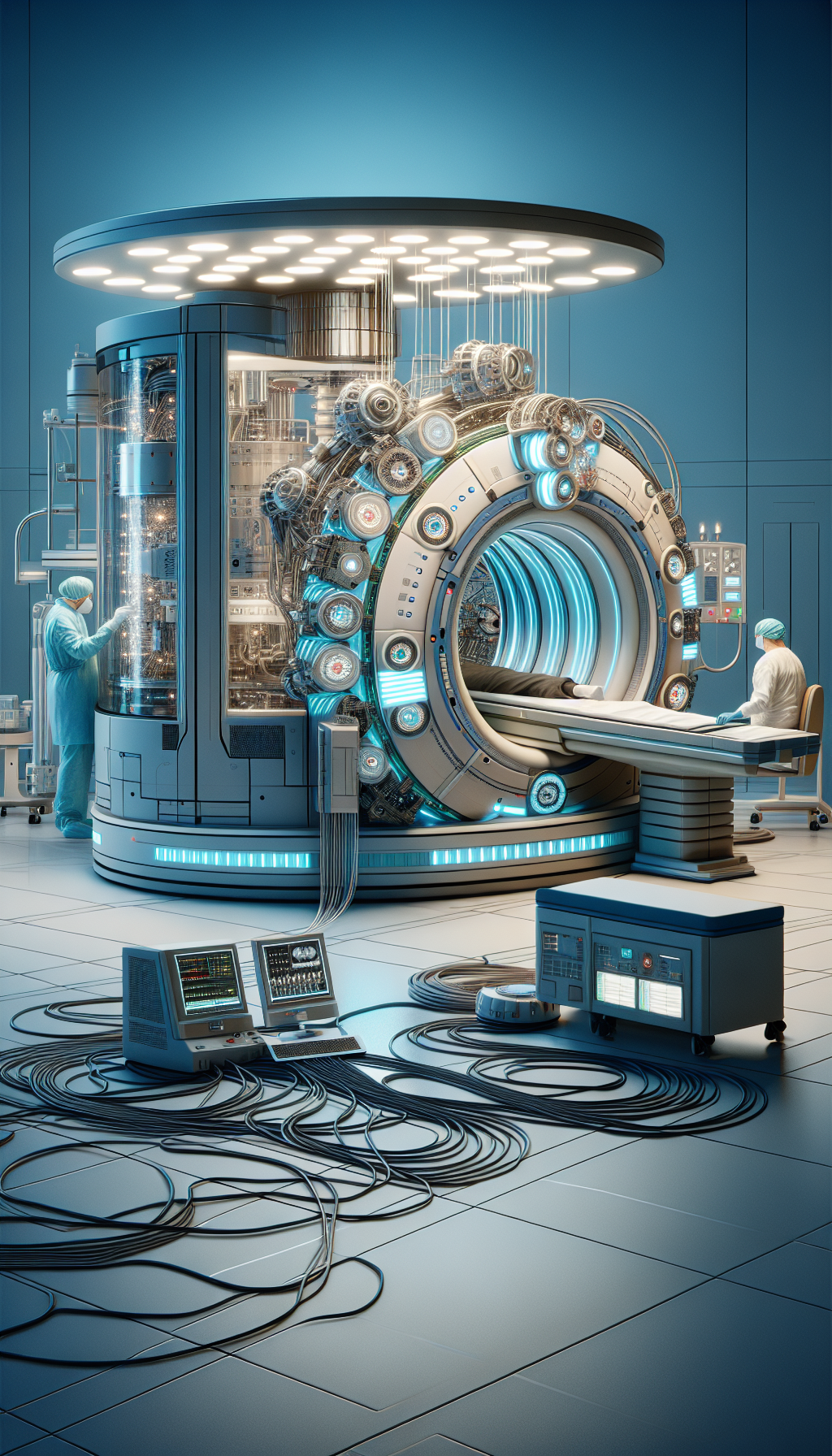In the pursuit of understanding the complexities of the brain, neuroimaging stands at the forefront as a transformative tool. The brain, a command center of the human body, orchestrates thoughts, emotions, and movements with intricate precision. Neuroimaging technologies have evolved, offering unprecedented insights into its structure and function, and consequently, into the state of our brain health. This detailed exploration will delve into the current advancements in neuroimaging and their pivotal role in assessing and enhancing brain health.
The Evolution of Neuroimaging Technologies
The journey of neuroimaging began with simple X-rays and has since progressed to sophisticated modalities like Magnetic Resonance Imaging (MRI), Positron Emission Tomography (PET), and functional MRI (fMRI). Each of these technologies offers a unique lens through which we can visualize the brain in action.
MRI and fMRI
MRI uses powerful magnets and radio waves to create detailed images of the brain, offering a static picture of brain anatomy. Functional MRI, however, takes this a step further by capturing the brain’s dynamic nature, monitoring blood flow to highlight areas of activity as the brain engages in various tasks. This real-time mapping of mental functioning is invaluable for understanding the neural underpinnings of cognitive processes.
PET Scans
PET scans, on the other hand, involve the injection of a radioactive tracer to visualize how tissues and organs are functioning. In neuroimaging, PET scans are particularly effective in detecting changes in brain metabolism, which can be indicative of disorders like Alzheimer’s disease.
The Impact on Brain Health Assessment
With these advanced imaging techniques, clinicians can detect and diagnose neurological conditions earlier and with greater accuracy. For instance, in Alzheimer’s disease, neuroimaging can reveal amyloid plaques and tau tangles, hallmarks of the disease, even before symptoms appear. This early detection is crucial for managing brain health and can lead to more effective interventions.
Neurological Function and Nutrition
The brain’s health is deeply interconnected with various aspects of wellness, including nutrition. An example is the role of Vitamin B12 in maintaining nerve integrity and cognitive function. Research has shown that B12 deficiency can lead to neurological complications, which can be visualized and monitored using neuroimaging techniques. For more on this, consider reading about The Influence of Vitamin B12 on Neurological Function.
Exercise and Brain Plasticity
Physical activity is another critical factor in brain health. Aerobic exercise, in particular, has been shown to enhance cognitive function and may even increase brain volume. Neuroimaging has been pivotal in revealing these changes, providing a window into the impact of aerobic vs. anaerobic exercise on brain health.
Cognitive Rehabilitation
Furthermore, neuroimaging is instrumental in the field of cognitive rehabilitation. Virtual reality, for example, is emerging as a powerful tool for brain recovery and enhancement. By combining VR with neuroimaging, therapists can create immersive environments that not only aid in the rehabilitation process but also allow for the real-time assessment of brain activity. The potential of this technology is expanded upon in the article on Virtual Reality for Cognitive Rehabilitation.
The Integration of AI and Neuroimaging
Artificial Intelligence (AI) has begun to play a transformative role in interpreting neuroimaging data. AI algorithms can analyze complex patterns within the images, sometimes identifying subtle changes that escape the human eye. This integration of AI can improve the accuracy of diagnoses and also predict disease progression, which is particularly valuable in conditions like multiple sclerosis and stroke.
The Challenges and Ethical Considerations
Despite the advancements, neuroimaging technologies are not without challenges. The cost and accessibility of these tools can be prohibitive, and there are ethical concerns regarding privacy and the interpretation of brain data. However, continuous research and development are addressing these issues, aiming to make neuroimaging more accessible and its applications more ethical.
The Future of Neuroimaging
Looking forward, neuroimaging is expected to become even more refined, with higher resolution images and even more sophisticated data analysis techniques. We anticipate a future where neuroimaging can not only diagnose but also predict neurological conditions, paving the way for preventative strategies in brain health.
Personalized Medicine
The future also holds promise for personalized medicine, where neuroimaging could inform individualized treatment plans. By understanding the specific structure and function of a patient’s brain, treatments can be tailored for maximum effectiveness.
Brain-Computer Interfaces
Another exciting frontier is the development of brain-computer interfaces (BCIs), which could revolutionize the way we interact with technology. Neuroimaging plays a critical role in the development of BCIs, helping to translate neural activity into commands that can control computers or prosthetics.
Global Health Implications
On a global scale, neuroimaging has the potential to influence public health policies by providing concrete data on the impact of social and environmental factors on brain health. This evidence can drive initiatives to improve lifestyle factors that contribute to neurological diseases.
Conclusion
Advancements in neuroimaging are opening new doors for understanding and improving brain health. As we continue to harness the power of these technologies, we edge closer to a world where neurological disorders are detected earlier, treated more effectively, and perhaps even prevented. The brain’s complexities are becoming less enigmatic, and as a result, our capacity to nurture brain health is expanding in exciting and hopeful directions.
For those interested in further exploring the intersection of health and technology, niche resources such as the International Society for Neuroimaging in Psychiatry and the Foundation for the NIH Biomarkers Consortium provide in-depth information and research findings.
As neuroimaging continues to evolve, it remains a beacon of hope for countless individuals affected by neurological conditions and for anyone invested in the pursuit of optimal brain health.



